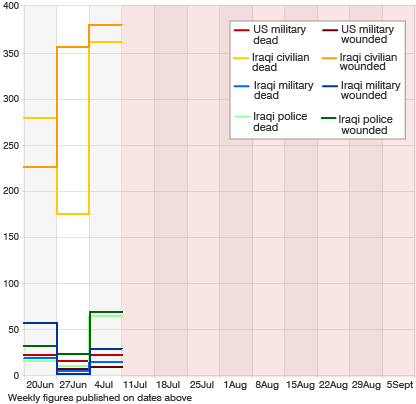A while back I blogged on what might be happening at Facebook - in particular, the possibility that it might become the web 2.0, social network "operating system". This seemed especially likely now that Facebook has opened up its site to allow third-party developers to write programmes to sit on top of their base interface.
I have to say though, I hadn't predicted the sheer rate of development that is taking place. Today, thanks to an article on the BBC, I discovered possibly the most exciting application I have seen thus far - Cityware. This has been developed by researchers at the University of Bath, working with corporate partners Vodafone, HP Labs and Nokia. Basically it is a three part system relying on Bluetooth data to interlock your Facebook profile, your mobile phone and data-collection nodes that have already been established.
The logic is very simple; mobile devices, with bluetooth activated talk to each other and to the data collection nodes. Through the information that is gathered by the nodes - namely the devices bluetooth identification code - these devices, and their relative proximity to each other, can be coupled up, creating a real time picture of how individuals interact on a daily basis. At the moment, the number of nodes is quite limited, with Bath UCL and UCSD hosting nodes established by the software's designers. However, the node software is publicly available and can be put on any bluetooth enabled PC. So there are probably a larger number of nodes already and that figure should carry on increasing in campuses and offices around the world. Furthermore, the developers are working on node software capable of running on mobile devices.
This is potentially a pretty profound development. So far, it seems we have been able to identify two principles that have organised social networks. Firstly, they have been created through people importing their real world friends into online environments. Secondly, they have been driven by people sharing an interest and, due to that interest, interacting online. This technology points to something quite new - a bit tacky I know, but maybe something we could call social networking 2.0 - where a more complex picture of human interaction can be constructed, based not just upon who we "know" but who we interact with or even just pass by. So for example, if I were to attend a conference with my bluetooth on my phone enabled, I would be able to track down the other people who were in the room, without having spoken to them on the day itself or collecting their contact details. Because the key defining factors in the kind of social networking that Cityware lets you construct are proximity and location, a whole new range of possibilities emerges.
And in case you are wondering, I have installed it on my phone and my Facebook profile. However, I won't be in London for a few days, so I shall report back if anything interesting happens (for anyone interested, the Facebook install page is here).





